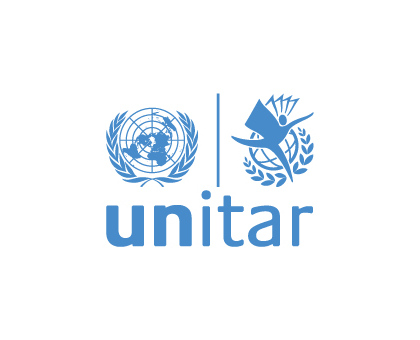
Trade Finance Infrastructure Development (2024)
International trade is now widely acknowledged as an important engine of growth in most developing and transition economies. The recent ministerial meetings of the World Trade Organization (WTO) have further demonstrated the importance of international trade and investment flows, with many developing economies joining hands to vigorously defend their interests in this area. While countries need to actively engage in negotiations with others to create a favourable international environment, each must also ensure that its domestic environment is favourable to trade development. This course is targeted mainly at officials from ministries in charge of trade who need to acquire a basic understanding of trade finance and the importance of trade finance infrastructure development. It includes an overview of trade finance methods and instruments and related legal issues and conventions. The course also features an introduction to structured trade and commodity finance, a method to assess and monitor the national trade finance environment and a simple model of national trade finance institutional structure. Payment system issues and the emergence of e-trade finance are also addressed in separate modules. The key question this course will address is: How can the public and private sector work together to facilitate the flow of international trade and investment which fuels growth and economic development?
At the end of the course, the participants should be able to:
- Explain the methods and instruments of trade finance, particularly legal issues and conventions;
- Name the main institutions for trade finance development;
- Distinguish between structured trade and the financing of commodities;
- Recognize the role of international trade in the growth of most developing and transition economies; and
- Formulate ways of transferring the know-how on payment systems and that the calculations that go with it.
This course consisits of the following modules:
- Module 1: Introduction to Trade Finance
- Module 2: Trade Finance Methods and Instruments: An Overeview
- Module 3: Legal Issues and Conventions
- Module 4: Structured Trade and Commodity Financing
- Module 5: Trade Finance and the Macroeconomic Environment
- Module 6: Institutions for Trade Finance Development
- Module 7: Payment Systems
- Module 8: E-Trade Finance Infrastructure Development
In order to ensure the best possible outreach, the course will be delivered through e-learning. Through a multiple-instructional setting, the goal is to achieve the learning objectives by means of learning technologies that match personal learning styles and by the inclusion of non-linear learning that aims at the development of just-in-time skills of adult learners. At the same time, in order to allow participants maximum flexibility of scheduling , the learning will be conducted in an asynchronous manner. Using a state-of-the-art training architecture, UNITAR will combine self-learning with assessments and online discussions. The pedagogy - adapted specifically to professionals in full-time work - will help train participants through various experiences: absorb (read); do (activity); interact (socialize); reflect (relate to one’s own reality).
The target audience for this course includes senior and middle level officials from ministries and agencies in charge of economic development and trade, finance and trade sector professionals, officials from government bodies in charge of financial sector regulation and supervision, and other stakeholders.
A certificate of completion will be issued jointly by UNITAR and UN ESCAP to all participants who complete the course-related assignments and assessments successfully. Course schedule is subject to change. Course fee is non-refundable but transferrable to another course or participant and subject to change as per UNITAR's policy on pricing.

